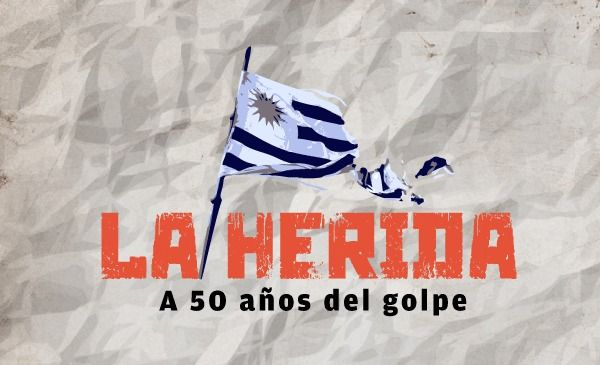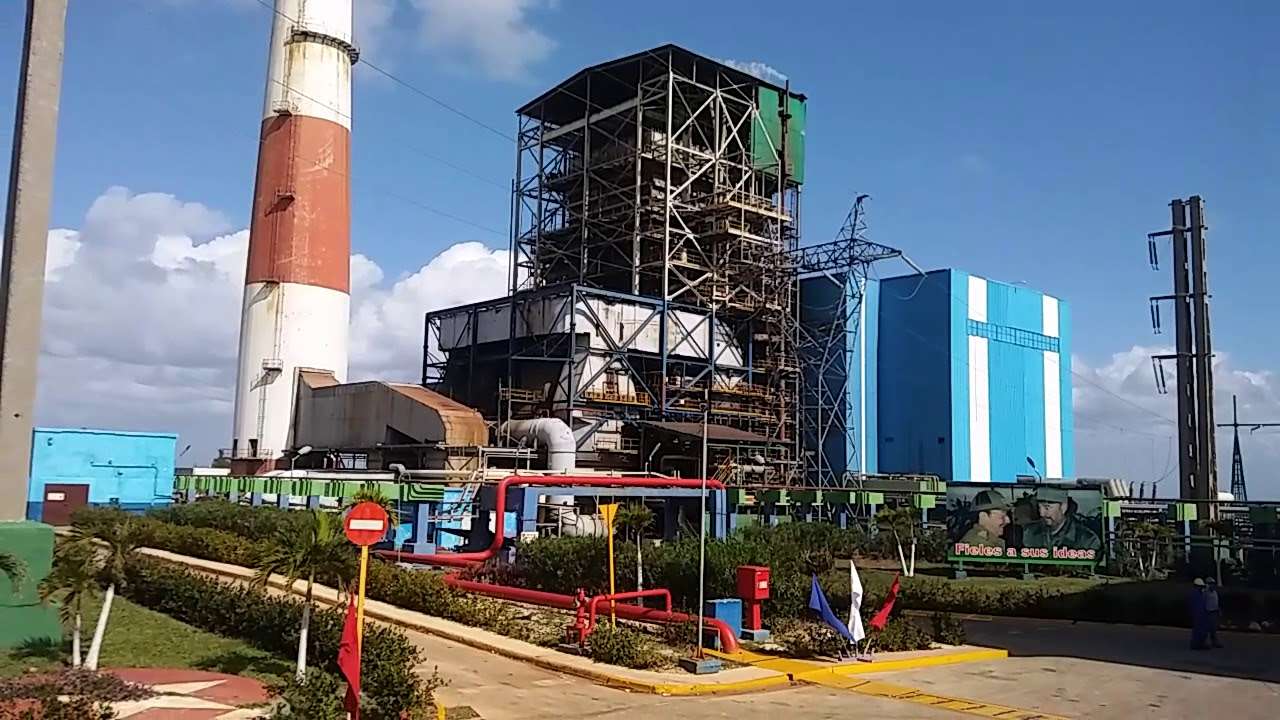The ex-president Jose Mujica once said that discussions about the dictatorshipon the issues of truth and justice and about the debates that are still going on about the twelve years of de facto government, they were going to end “when we all die”, in reference to the protagonists of those years.
Today Mujica believes that he was wrong to have said that phrase. He stated in an interview that he will be part of the podcast The woundthat The Observer will release the next 19th of Juneand in which it is evident throughout six episodes that Mujica was indeed wrong.
Because there are traumatic issues that transcend generations, that leave permanent scars and that affect even those who did not experience it. These traces are what this podcast seeks to show and explain, reviewing the impact that the dictatorship that began 50 years ago left on the grandchildren of those protagonists, on the military institution, on education, culture, and the Uruguayan national identity.
Throughout six episodes, and with the contribution of more than thirty interviewees, The wound intends to avoid recounting once more what happened on June 27, 1973and address the issue from the present, where the dictatorship manifests itself as an unresolved national trauma, and continues to generate discussions at different levels about the issues that have not been settled, although with an eye on what happened during the fifty years that have passed so far.
Although it is usually obvious, round anniversaries like this invite you to review those important events, no matter how dark they are and no matter how much you prefer to forget them. Pretend they didn’t happen.
Uruguayans are still divided between those who prefer to forget and sweep the dictatorship under the rug, and others who constantly revisit it and continue to complain about the points that have been left open.
That duality is also present in this podcast in practically every episode. But where it appears unequivocally is in the opening chapter, in which the grandchildren of disappeared and military They tell what it’s like to carry that family heritage, which has led them to divide themselves between those who prefer to hide that story and those who have faced it, either to question it or to accept it.
These consequences are, to a large extent, the result of the inheritance of the way in which Uruguayan politicians negotiated the end of the dictatorship, a transaction that implied sacrificing truth and justice to obtain peace and the security that it would not return. to give another institutional break, another point that will be debated in The wound. Did that departure make national reconciliation possible? That’s one of the questions that runs through the entire series.
There will also be a look inside the barracksto the world almost isolated from the military, to find out how they face the dictatorship and what it was like to be a soldier during the years of the de facto government.
For example, the current senator and former commander of the Army, Guido Manini Rioswho at that time was a junior, brings back his memories of what happened in those years in the barracks.
The dictatorship was a historical moment that made the Uruguayans stop perceiving themselves as the “Switzerland of America” and realized that they were more Latin American than they thought, which even altered the connection with the national symbols and even in the relations between the Uruguayans themselves.
In this sense, the historian Vania Markarian puts it this way: “There is a fracture that the dictatorship imposes,–and this happened in other similar processes in other parts of the world, clearly at the end of the Second War with the Holocaust–What are we If these tremendous forms of child kidnapping, rape, murder, forced disappearance occurred among us…? What are we? There is a fracture of our belonging to a collective that society, that societies, process as they can”.
All of these elements are present in the podcast that will begin publishing on Monday, June 19, with the first two episodes launching together, and that will continue throughout the week, ending next Friday, June 23. Schedule: soon you will be able to listen The wound on our website, Spotify, YouTube or your favorite platform.






